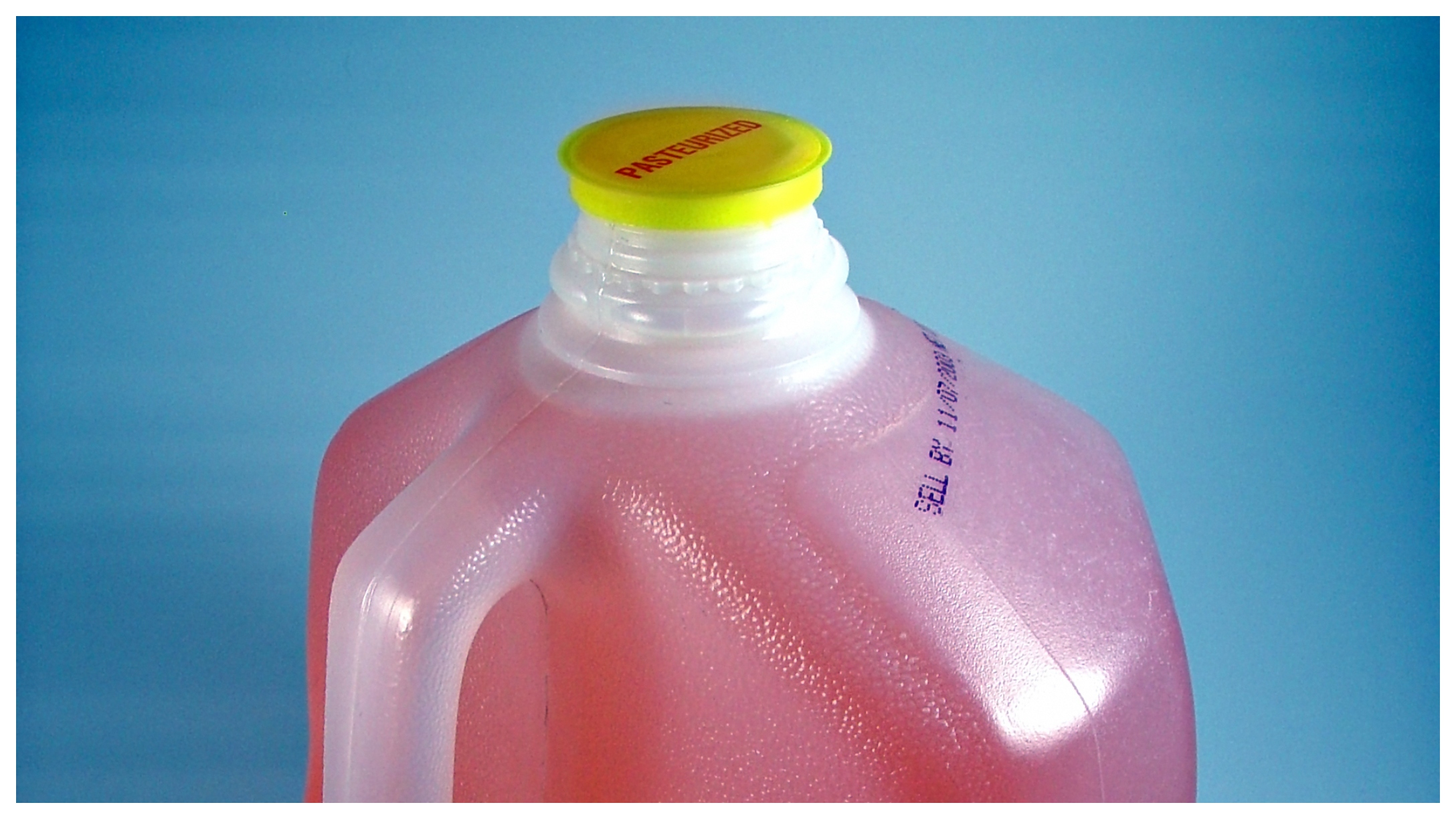
It seems every American college generation reinvents some clever but stupid way to binge drink. Gen Z is no exception. Their contribution to potentially dangerous college-age antics is a BORG.
BORG is short for blackout range gallon. It is a gallon-size jug filled with alcohol, water, and a flavored electrolyte powder and is supposed to be enjoyed by one person. Oftentimes, teens and college students give their drink a cute, punny nickname such as Borg-an Freeman.
Stanford University professor of psychiatry and addiction medicine Anna Lembke spoke to CNN about this dangerous trend. She stresses this can lead to “potentially life-threatening consumption and alcohol poisoning.” The trend is catching on and can be found all over TikTok.
The reason this trend is dangerous is because you don’t know how much alcohol you are consuming. “A lot of people just pour vodka in and don’t measure it, so it can actually be kind of dangerous as opposed to knowing you drank three cans of beer,” Anna explained. You also don’t have any time between drinks.
More from LittleThings: Mom Posts Heartbreaking Photos Online After Teen Daughter Nearly Dies From Alcohol Poisoning
According to Anna, true BORGs often contain “a fifth of vodka or other hard alcohol, which is about 17 standard drinks, which is a massive amount of alcohol.” No one should be drinking that in one night. It is dangerous.
In March 2023, students at the University of Massachusetts Amherst experienced the consequences of BORG drinking firsthand. Forty-six students were hospitalized. It took 28 ambulances to transport them all.
Gen Z defends the trend, pointing out some of the advantages. When you drink a BORG, you know someone didn’t spike your drink. You know exactly what is in it because you made it. They also believe the water and electrolytes will help prevent a hangover.
Anna points out that the electrolytes do not prevent alcohol poisoning. “It makes it more palatable, and people generally can drink more than they could of something like straight vodka,” she explained. “But that doesn’t increase the liver’s ability to metabolize alcohol better.”




